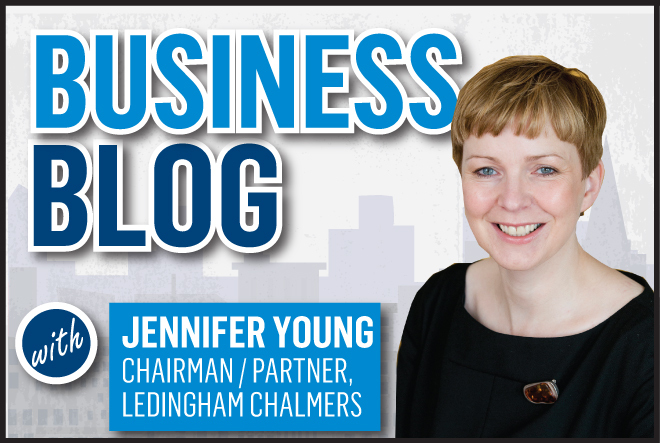We have probably all been told at some point in our lives that if you want to improve your life then you need to change how you think. Have positive thoughts and you will become happier. Think like a millionaire and you will become one.
I like to think I am of a very positive disposition. But no matter how much fantasising I do, I am no multi-millionaire and I suspect I am never going to win the X Factor. Positive thinking alone won’t make my dreams come true. However with the confidence positive thinking brings and a lifetime of singing lessons, it is theoretically possible that I will eventually impress Simon Cowell and be able to afford a yacht to moor alongside his.
In the late 1800s, William James, the brother of the novelist Henry James, wrote two volumes on The Principles of Psychology. I don’t pretend to have read those, but I do recall reading a quote which summarised the author’s thinking: “You do not run from a bear because you are afraid of it, but rather become afraid of the bear because you run from it”.
This approach has been developed in contemporary times and encapsulated as the “As If” principle by author Richard Wiseman in Rip It Up. By acting as if you are a certain type of person, you become that person. Smile more and you will feel happier. Nod your head as you chat when you want to encourage someone to agree with you. You get the general idea.
So if this positive attitude is a simple but highly effective way to transform how you look and feel, should we approach projects in our communities in the same way? Take, for example, the future of Aberdeen City Centre. It’s a subject on which most people have strong views and many may have felt disappointed that their personal vision of the “perfect” Aberdeen hasn’t yet been achieved.
But perhaps we should begin with a change in our attitude and accept that if Aberdeen wants to be successful the starting point would be for the city to act the part. It’s a role we can all share as ambassadors for our city – talking up our aspirations and taking pride in our natural and cultural heritage and our economic success.
The recent City Centre Masterplan is arguably an example of the “As If” principle in action. It is perhaps not perfect. There will be detailed questions still to be answered. But if the generally accepted view is that the city cannot stand still, then the Masterplan is a good place to start transforming how the city thinks and behaves.
I was honoured recently to be elected to the Board of Aberdeen & Grampian Chamber of Commerce. As one of the longest established law firms in Aberdeen, Ledingham Chalmers has been an active member of AGCC for many years, benefitting from the business and training opportunities the Chamber offers and contributing to policy issues affecting business in this region.
I firmly believe that business in this area needs to be energetic and positive and AGCC has an integral role to play in meeting the challenges we all face, whether economic, geographic, market-led or political. I may never win the X Factor, but I am happy and proud to live and work in Aberdeen and eager to play my small part in securing the city’s continuing success.
